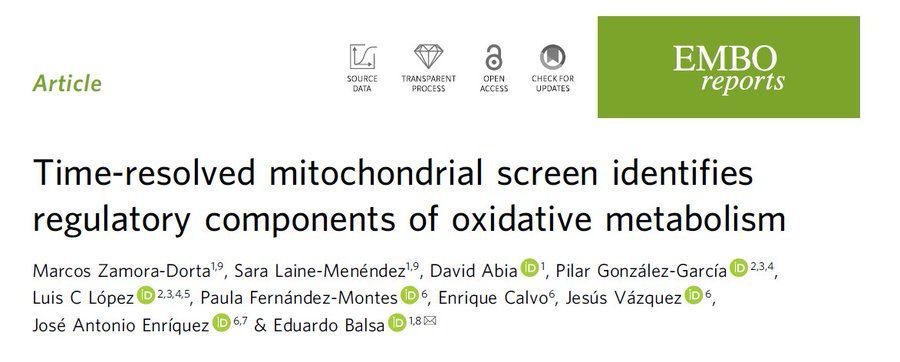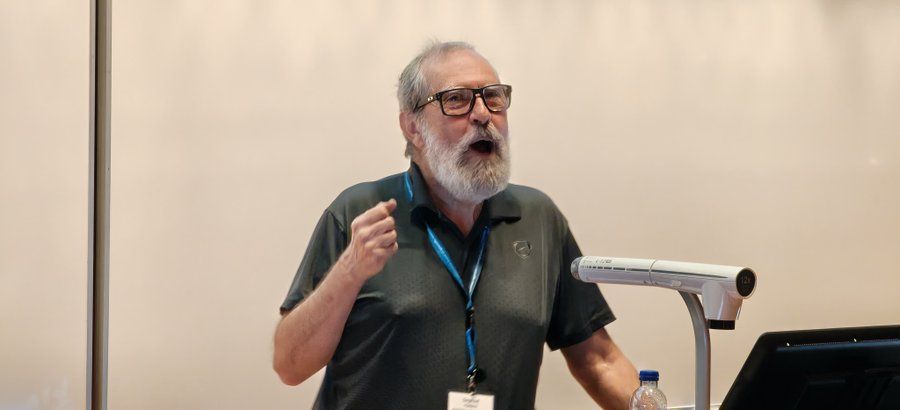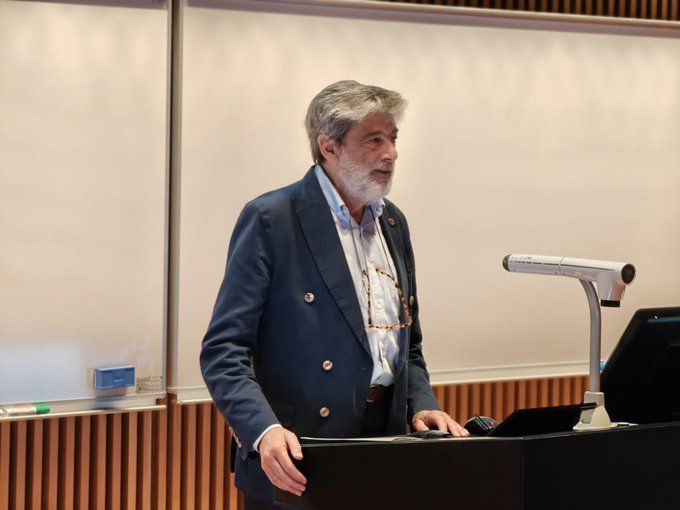

























The 11th International Coenzyme Q10 Congress is underway! Professor Plácido Navas officially welcomed speakers and attendees to three days packed with cutting-edge lectures, oral communications, masterclasses, and dynamic poster sessions on all things CoQ10.


The 11th International Coenzyme Q10 Congress is underway! Professor Plácido Navas officially welcomed speakers and attendees to three days packed with cutting-edge lectures, oral communications, masterclasses, and dynamic poster sessions on all things CoQ10.


